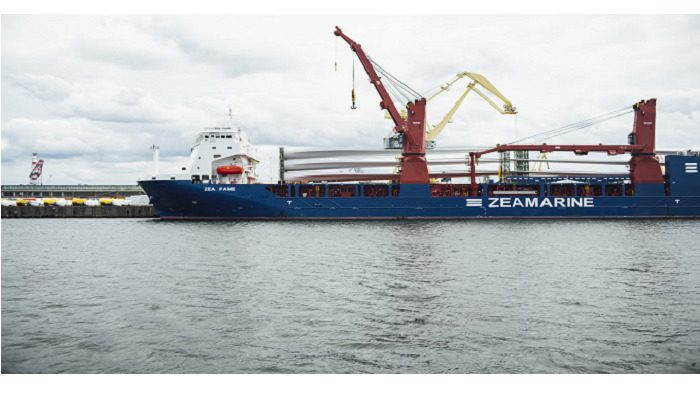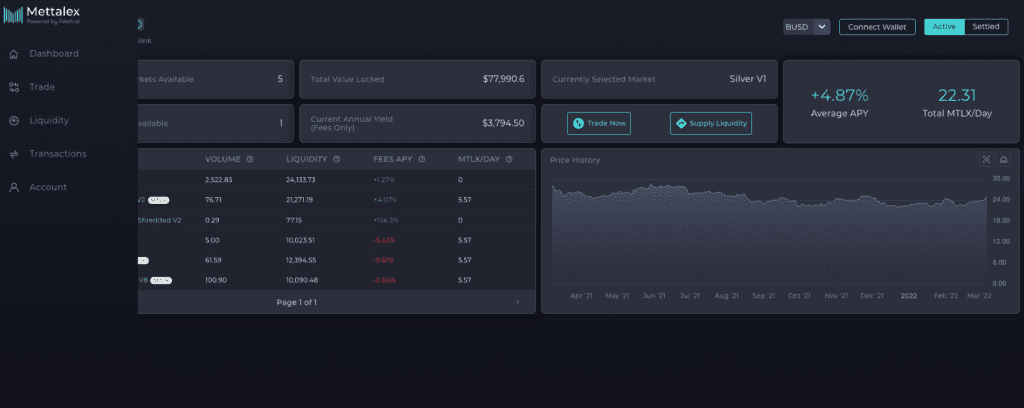Commodities are the backbone of the global economy. It is hard to think of an industry, government, or organization existing independently of commodities. To highlight their significance, governments will go to great lengths to secure batches of rare gold—and other precious metals. The yellow metal will be held in reserve for stabilizing the economies during tumultuous times.
At the same time, mega industries perpetually demand raw materials from mining or agriculture to produce finished goods, boosting shareholders’ investments, creating employment, and contributing directly to a country’s gross domestic product (GDP). The list can go on and on.
Accordingly, it is also hard to ignore the role of commodity trading, and the primary role technology plays, in many ways, increasing efficiency, transparency, and reducing costs. From manual trading to the digitization enabled by computers and to the blockchain, this inevitable transition is shaping the commodity trading landscape.
The Blockchain Question
In the age of blockchain and decentralization, the debate lies on how fast the technology will impact commodity trading and how the diffusion of power will shape broker-trader interactions. Although novel and highly disruptive, some doubters maintain that the technology is still nascent and needs to be thoroughly battle-tested before implementation in critical systems. Whether they are right or not, it is crucial to understand how commodity trading operates in the current setup.
Commodity Trading is Heavily Regulated
Commodity trading is heavily regulated. In the U.S., the Commodity Futures Trading Commission (CFTC) is tasked with “promoting integrity, resiliency, and vibrancy of the derivatives market” through apt regulation as stated by the Commodity Exchange Act released in 1974.
There are various ways of trading commodities, including derivatives. They allow for the development of complex yet useful products such as commodity futures, options, and swaps. However, while the global commodity trading scene is a multi-trillion industry, it’s mainly centralized with gate-keepers placing barriers preventing some investors from participating. Because of centralization, there are inevitable concerns around trust and general inefficiencies.
How Blockchain can be the Panacea for Smooth Commodity Trading
Blockchain believers are adamant that the technology is the panacea and is precisely what’s required to open up the scene, funneling more capital. Blockchain is purposefully created to eliminate the middleman for better efficiency, cost reduction, and trustless operations since adopting commodity trading facilitators depends on audited smart contracts.
The explosion of DeFi and the rise of Uniswap demonstrate how exciting blockchain-based trading ramps can be. In less than two years, the Total Value Locked (TVL) in DeFi protocols across various blockchains rose to over $195 billion, peaking at around $250 billion in Q4 2021. While Uniswap and PancakeSwap serve the burgeoning crypto sphere, Mettalex is the world’s first DEX focused on token-based commodities trading on the Fetch.ai blockchain.
The Benefits of Decentralized Commodity Trading
By releasing a trading protocol on the blockchain, users are guaranteed high security, 24/7 accessibility, and non-custodial operations. Unlike centralized platforms, traders don’t have to submit personal information.
Trading in decentralized options, regardless of the order matching and execution algorithm implemented, is global, and transactions are private by default. Instead, in decentralized commodity-centric exchanges like Mettalex, trading is completely trustless and powered by audited smart contracts. A compatible wallet is all a trader needs to connect to Mettalex, Uniswap, or PancakeSwap.
The Future is here
Blockchain is here to stay and is finding adoption, shaping commodity trading. Although there are challenges in regulating decentralized commodity trading, blockchain offers several advantages that have proven immensely useful for retailers. Over time, kinks will be straightened, and blockchain-powered commodity trading platform draw more users as crypto solutions are adopted.




































